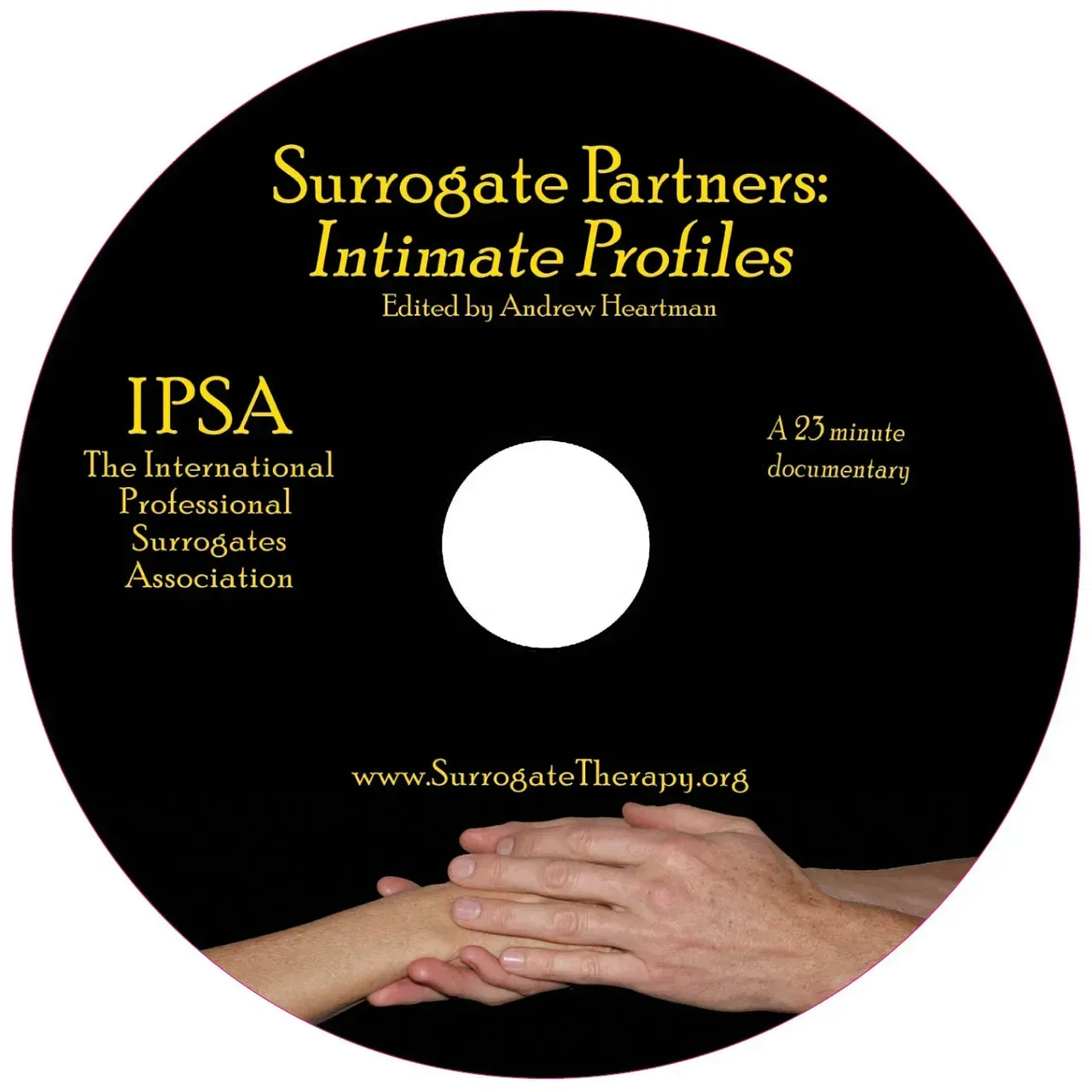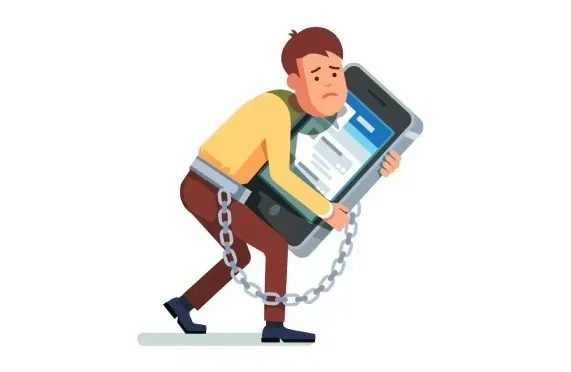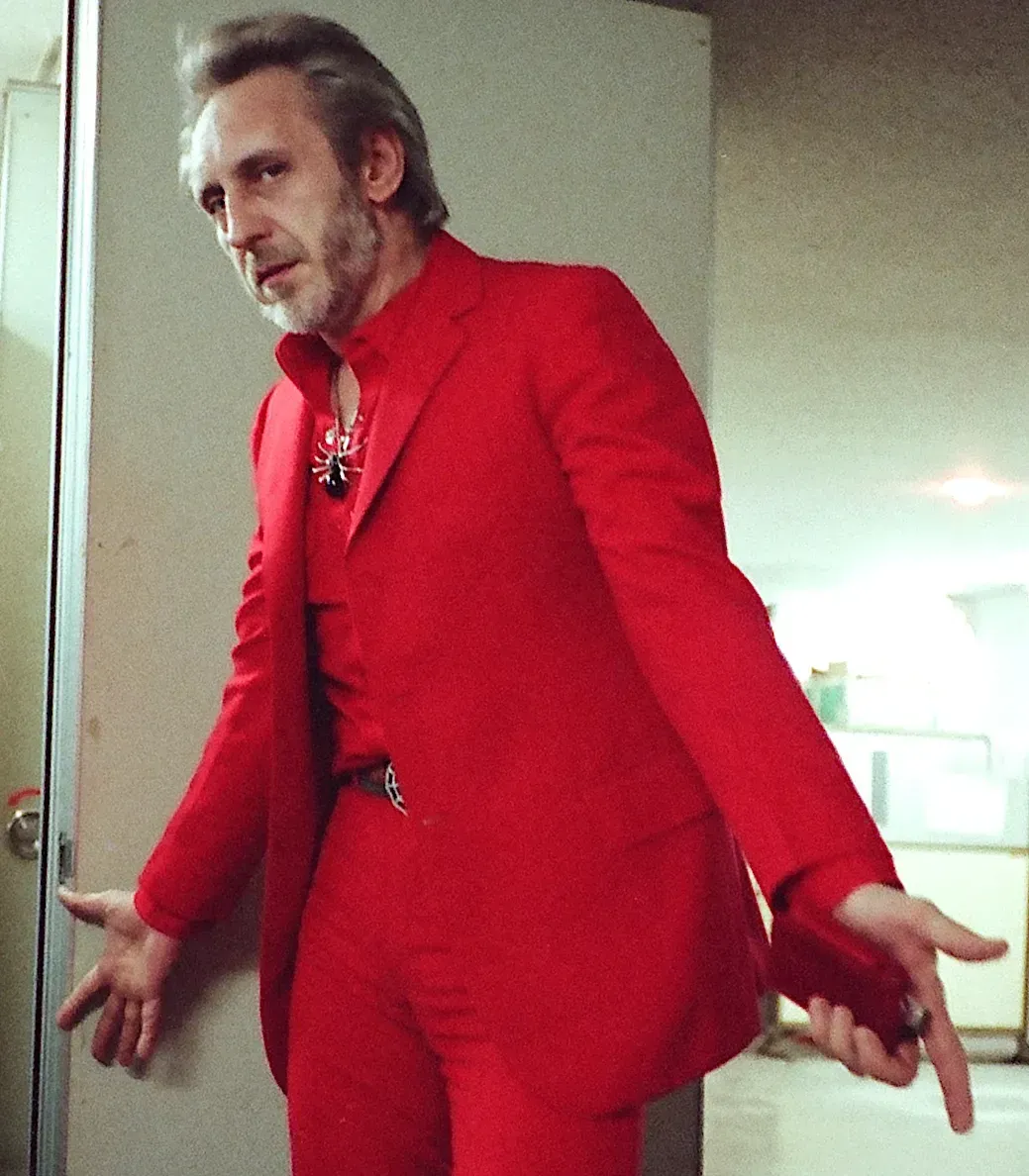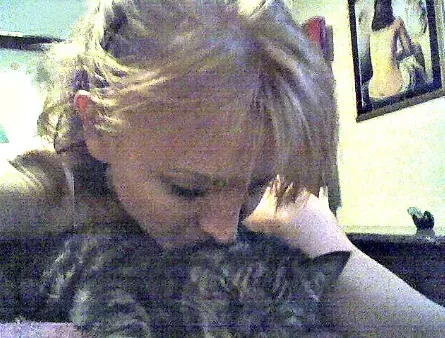Anonymity at The Level of Press, Radio, Film
I take no issue with AA’s 11th tradition, other than with the way it’s interpreted and applied. The literature is clear. When the founders wrote the 11th Tradition—AA’s policy of “attraction rather than promotion”—they were referring to self-promotion. As for promoting AA, Bill, Bob, and the gang were all for it.
Bill Wilson was AA’s cofounder and primary author of the Big Book. From the beginning, AA was his career—writing on, speaking about, and promoting the organization from its inception onward until he died (at which time his Big Book royalties transferred to his wife and one of his mistresses). While he usually went by Bill W. in the press, his full name occasionally appeared in magazines, newspapers, and medical journals (as did, it’s worth noting, not infrequent mentions of an honorary Yale degree Bill was reportedly too humble to accept). If AA had a figurehead, Bill W. was it. What he feared was anyone else acting as spokesperson—and rightfully so. Newly sober drunks are a self-loathing lot (some long-term sober folk, too) always with one eye open for means to inflate a battered image or restore a reputation. Their propensity for grandstanding was real, risking infighting and the muddying of AA’s message. Bill Wilson knew this. He may’ve been an egotistical, chain-smoking, serial-cheater and chronically depressed ex-drunk, but the man was no fool.
Page 48 of AA’s original Charter emphasizes the vigilance and skill he and the other founders deemed necessary in the “pursuit of positive publicity.” AA’s main concern was of individual members “trying to use the AA name for their own personal purposes.” The founders predicted (correctly) “temptation to misuse the growing recognition of AA” by its members for ego-driven self-promotion. We know from Bill’s writings that he fought this demon too.
The implication of Tradition 11 is obvious: that anyone associated with AA would automatically be seen in a positive light, gazed upon with reverence even. What did not seem to occur to the founders was that members might someday have other valid reasons to attach their full names to their AA experience. Blogs didn’t exist back then, and if addiction memoirs did they weren’t included in Tradition 11’s prohibited media. It doesn’t seem as if Bill and the boys considered that AA’s image and reputation would itself need boosting someday. (All due respect to the founders, whose ego is really at play here?)
But that was then and this is now. And while I won’t go so far as to say the tradition should be revised, I will say that in many cases, it simply doesn’t apply—at least not in its original context. Back then AA was new, shiny, and effective in a way nothing else was and therefore exceedingly precious. Back then, anyone associated with AA was regarded highly. That is simply not the case anymore. Those waters are muddy as hell now.
As an organization, AA is controversial. More unfortunate is that it’s taken down the reputation of the program along with it, and the organization of AA and The Program of AA are entirely separate things.
The organization of AA is a worldwide movement, started eighty years ago when two regular human men molded a handful of timeless principals (willingness, honesty, accountability, restitution, mindfulness, service, etc.) into a simplified numbered list. In doing so, they invented a highly effective type of behavioral therapy targeted specifically to hardcore alcoholics. They then offered to teach this “simple program” to anyone who needed it— the vast majority of whom experienced full recovery. As a community these “members” made up the fellowship of AA. As years went by membership was granted to anyone who attempted the 12 steps, and then eventually to anyone who bothered to attend semi-regular meetings.
Before going further, I should point out that membership in the fellowship is automatic. There is no form to sign, no pledge to take. (In fact, to avoid it one must essentially “opt out” and yet there is no form, pledge, or formal process for delisting oneself from AA either.) Nothing more is required to become a member than to show up with a desire to stop drinking. You don’t even have to stop drinking. Millions have, of course, but to call each of them an AA “member” is largely academic. In other words, it’s just plain inaccurate.
In the 40s, 50s, and 60s, if you turned to AA for help, you’d be started on the steps immediately and expected to finish them four weeks later, often before you attended a single meeting. Attending meetings made you a full-fledged member, at which time you’d be informed of the organization's obligatory 12 traditions. You’d be expected to adhere to these pre-made decisions about your anonymity and personal experience with AA’s unique tutelage of a set of timeless spiritual principals. I don’t know how anyone back then felt about it, but as a writer and memoirist I’m certain I would’ve laughed in their faces.
How is AA entitled to limit what I’m “allowed” to share about my experience? AA may’ve developed a fresh format and punchy 12-bullet list, but they have no copyright on basic coping skills (nor on the nearly identical behavioral method they copied directly from the Oxford Group, AA’s predecessor). Most galling of all is their attempt to force this policy upon newly sober drunks—mentally ill individuals—as some kind of twisted payback for returning them to sanity. Like an invoice AA hands out after the fact versus upon the desperate drunkard’s entry.
Yes, yes…I know the Traditions are suggested policies. And, for the record, I respect the spirit in which the eleventh was (supposedly) written. But times have changed, and short of demanding a signed confidentiality agreement before allowing us through the door, AA has simply no right to blur the byline on anyone’s personal sobriety story. If AA wants to claim that right, they need to collect those signatures at the door before allowing newbies inside at all.
Get those forms ready, AA. I’ll wait out here on the sidewalk with millions of mentally ill devastated souls God has supposedly entrusted you with saving.
Let’s get real. It’s highly unlikely anyone read my addiction memoir as some self-aggrandizing enterprise. My book is 24 chapters of wretched failure after wretched failure, followed by a single chapter in which I describe my early recovery, and exactly one page describing, in vague terms, my 12-step work.
What it comes down to is intent. My intent in identifying AA as where I got sober, was to highlight the fact that in the 1990’s there were no other options for hardcore alcoholics. There was much greater stigma around the disease then, and a dearth of information on the program—two very important factors in what was, for me, a life-threatening situation. What I write has fuck-all to do with promoting AA or myself as a sober person. I’m not in the business of recovery. I don’t work in the field of addiction treatment or addiction therapy. I don’t promote myself as an addiction expert (because I’m not), nor do I write with the intention of espousing AA or their famous format beyond the (again, timeless) life principles in them. (In fact, I have real issues with AA, both as a fellowship and organization, if none with the actual Twelve Step Program.)
What’s more, violating the tradition of an organization you never officially joined may result in a form letter admonishment* from the General Service Office (GSO), which is almost funny considering any mention of my many years of AA meeting attendance—which again, by default, made me a “member”—elicits as many jeers as cheers these days.
AA has brought that on themselves in many ways, not least being their ridiculous overreach that also extends to non-members. You see, another purpose of the 11th Tradition is to (attempt to) manage the general public’s perception of the program and organization (an absurdly misguided exercise if I ever heard one).
What the public thinks about any one member’s “success” or “failure” with AA’s brand of therapy (because that is what The Program quite obviously is—behavioral therapy with a lot of spiritual stuff mixed in), is none of AA’s business. (Funny enough, we have a 12-Step program for codependent over-functioning. It’s called Alanon. Perhaps someone from the GSO should check it out…? I’m just saying.)
AA members are human beings, which means they’re flawed, self-serving, and imperfect. Some do the program well, while others (the majority) half-heartedly or not at all. It’s not the quality of the therapy, but the effort of the patient. If the public can’t figure that out … oh well? In the meantime, forcing individual anonymity upon millions of automatic “members” (who never technically agreed to remain anonymous) in exchange for a practical system of timeless universal principles (that even AA’s Charter states “belong to all mankind”)—makes AA looks petty, cagey, and cultish. It’s arrogant and gives AA a bad rep. Not to mention, it’s antithetical to their stated mission.
What AA is best at, and should stick to, is providing space and format for discussing the steps its members take to get and stay sober. And they’re not doing that. It’s their sole mission and they’ve dropped the ball. There’s a lack of structure in the meeting rooms. Newcomers aren’t hearing about the steps, not for weeks or months on end. The longer this travesty goes on, the lower the success rate drops, until—as we’ve witnessed for years—AA’s fiercely protected image has gone straight down the toilet.
Get it together GSO. Get your priorities in order. Tell individual groups that open discussion meetings don’t save lives or help real alcoholics get sober. Make a loud, strong “suggestion” that all meetings become Big Book studies and Step Studies. Explain that the fellowship is not the program.
The Twelve Steps are the program, nothing more nothing less.
If AA was more concerned with spreading the message of their program inside the rooms, AA wouldn’t have a PR problem outside the rooms. Instead, it would have a 75-80% success rate like it did in the beginning. I’m not saying writers (journalists, bloggers, celebrities, filmmakers, etc.) should try to improve it, or that by using our full names in the press we would have that effect. I’m saying anyone using their full name with the intent of self-promotion has got their work cut out for them. (What I mean is, they’re an idiot.)
Since the cofounders’ concern was egotistical self-promotion, why not rewrite the 11th Tradition to state that simple fact? That no member should attempt to act as spokesperson. “Don’t cash in on AA’s cool rep.” How hard is that?
—
*This is from a form letter sent by the GSO to a journalist who wrote negatively about her experience in AA, using her full name:
Second, we respectfully request that you continue to cooperate with us in maintaining the anonymity of A.A. members. The principle of anonymity is a basic tenet of our fellowship. Those who are reluctant to seek our help may overcome their fear if they are confident that their anonymity will be respected. In addition, and perhaps less understood, our tradition of anonymity acts as a restraint on A.A. members, reminding us that we are a program of principles, not personalities, and that no individual A.A. member may presume to act as a spokesman or leader of our fellowship.












